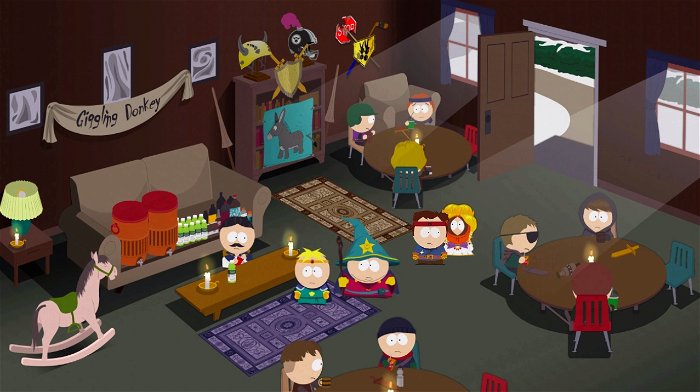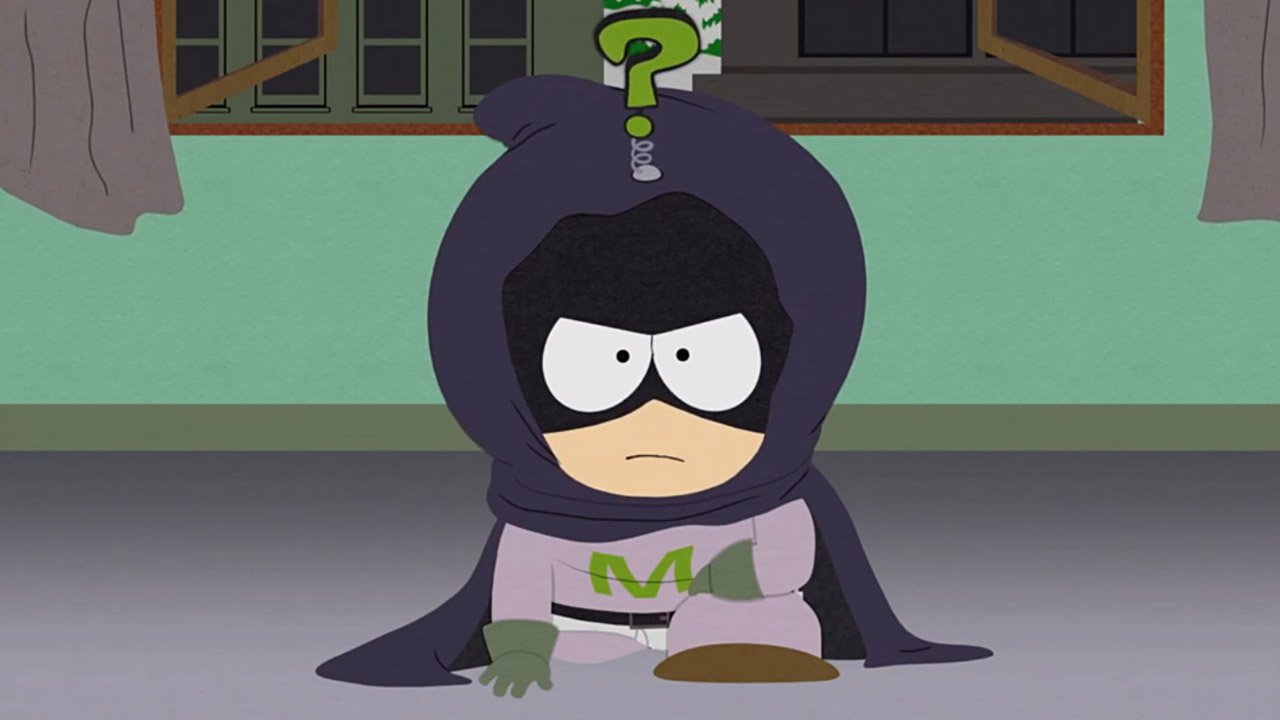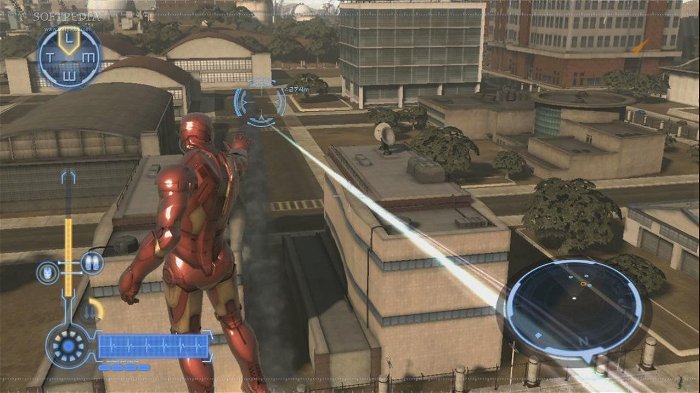This week, we got hit with two very pleasant surprises. The new South Park game doesn’t suck, and the new Batman game—which is being done by Rocksteady, so odds are good it also won’t suck—has been formally announced for the PS4 and Xbox One. The thing that these two games have in common is that they belong to that most rare of clubs, the “We are a licensed property converted into a game that doesn’t suck” club. There are only a few other members, notably some Telltale adventures like The Walking Dead, The Wolf Among Us and, from Europe, The Witcher series, which some may not realize is actually based on a fantasy novel franchise from Poland.
The crazy thing is even though both Batman and the kids of the South Park are a hit now, they also have skeletons in their closet. There’s a pile of bad games that goes back over the decades from both intellectual properties. It’s only in recent years that IPs have been successfully turned into good games, and even then, that’s still the exception, not the rule. It seems like there’s some magic ingredient or secret martial arts technique required that only Dojo Masters Of Gaming are privy to, but in actuality, the reason some licensed games now succeed is very simple. In one way or another, the most successful licensed games all have decision makers that care a great deal about the property.

In the case of South Park: The Stick Of Truth, this was taken to an extreme as the creators of the show, Trey Stone and Matt Parker, not only lent their voices to the development of the game, they had a hand in just about every aspect, from writing to design. The reason the game feels so much like being in the town of South Park was because the creators relentlessly participated in the creative process. With the newest Batman games, the team at Rocksteady—while not having Bob Kane on board to advise in all Bat-Things—were committed fans of Batman that weren’t content to make a brawler about a guy dressed up like a bat. They took the time to study the legacy of Batman, understand what it was that was so compelling about the character from an action point of view—like his strategic reliance of fear and gadgets—and turned that into gameplay. Suddenly, it wasn’t just Batman, on a street, punching waves of bad guys, it was Batman in the rafters dragging people kicking and screaming into the air, then leaving their unconscious bodies dangling for other henchman to see.
The other critical element is time. The very best games are given the time they need to experiment, evolve and polish themselves up to be finished products. The average movie-based game has a far shorter development time than a high profile, AAA title, and that short sightedness hurts the game’s overall quality. Look no further than the tedious Iron Man and Superman Returns games to see what happens when publishers force a studio to crank out a game with an ironclad deadline of “Must coincide with the release of the movie.”
It’s a tricky path to walk for licensed games because often the games themselves are an afterthought. That’s a natural stance to take since the core property is the most important thing. After all, would people care so much about the Game of Thrones series if it weren’t so good? The creators of the show (and novel) need to worry about those things FIRST, not the subsequent games that might arise. James Cameron is too busy making an Avatar sequel to get in the trenches with the Ubisoft developers to make the game. And yet at the same time, as Star Wars proved, good merchandise can take on a life of its own. Back in the 70s, there were a lot of kids that went into the theaters to watch Star Wars for the first time BECAUSE they got the action figures, not the other way around. In the same way, Telltale’s The Walking Dead game is bringing new fans to the comic book, and even The Wolf Among Us is introducing a whole new audience to distinct charms of Bill Willingham’s Fables series.
If there’s anything we can learn from the success of games like The Stick of Truth and the upcoming Arkham Knight it’s that good licensed games are hard to make. But when they succeed, they don’t just engage gamers, they often encourage those gamers—if they haven’t already—to explore the franchise or property they were based on.





